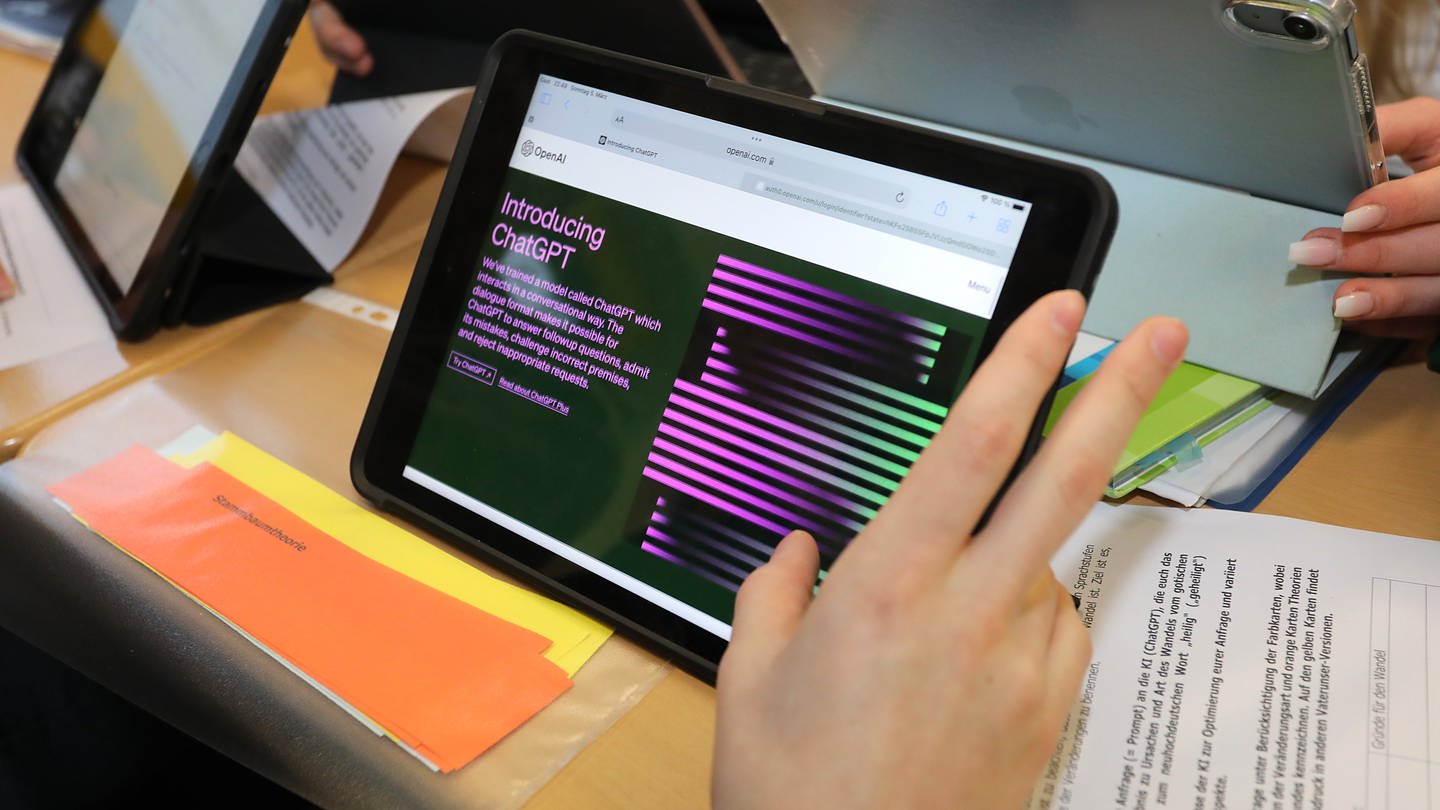The Role of Artificial Intelligence in Education: A Solution or a Challenge for Teachers?

The Impact of AI on Education
As schools face challenges such as teacher shortages, educational inequity, and poor PISA results, the conversation around artificial intelligence (AI) as a potential solution has intensified. With the rapid advancement of technology in the classroom, it's crucial to examine the role of AI:.
Potential Benefits of AI in Education
- Assistance to Teachers: AI can help alleviate the burdens of administrative tasks, allowing educators to focus on teaching.
- Personalized Learning: AI tools can tailor educational experiences to individual student needs.
- Data Analysis: AI can analyze vast amounts of data to provide insights on student performance and areas needing improvement.
Challenges and Concerns
- Job Security: Teachers may fear that AI could replace them.
- Equity Issues: The integration of AI could exacerbate existing inequalities in the education system.
- Over-reliance on Technology: There is a risk that educators might depend too heavily on AI solutions.
In conclusion, AI presents a double-edged sword for education, offering significant opportunities for support and enhancement while also raising valid concerns. The future may not be one of rivalry between teachers and AI but rather one of collaboration, where both can work in tandem to improve educational outcomes.
This article was prepared using information from open sources in accordance with the principles of Ethical Policy. The editorial team is not responsible for absolute accuracy, as it relies on data from the sources referenced.